The Dodge Charger, Ford Maverick Lobo and Hyundai Palisade were the big winners Wednesday as a panel of 50 jurors announced their choices for North American Car, Truck and Utility Vehicle of the Year. Headlight.News has more.
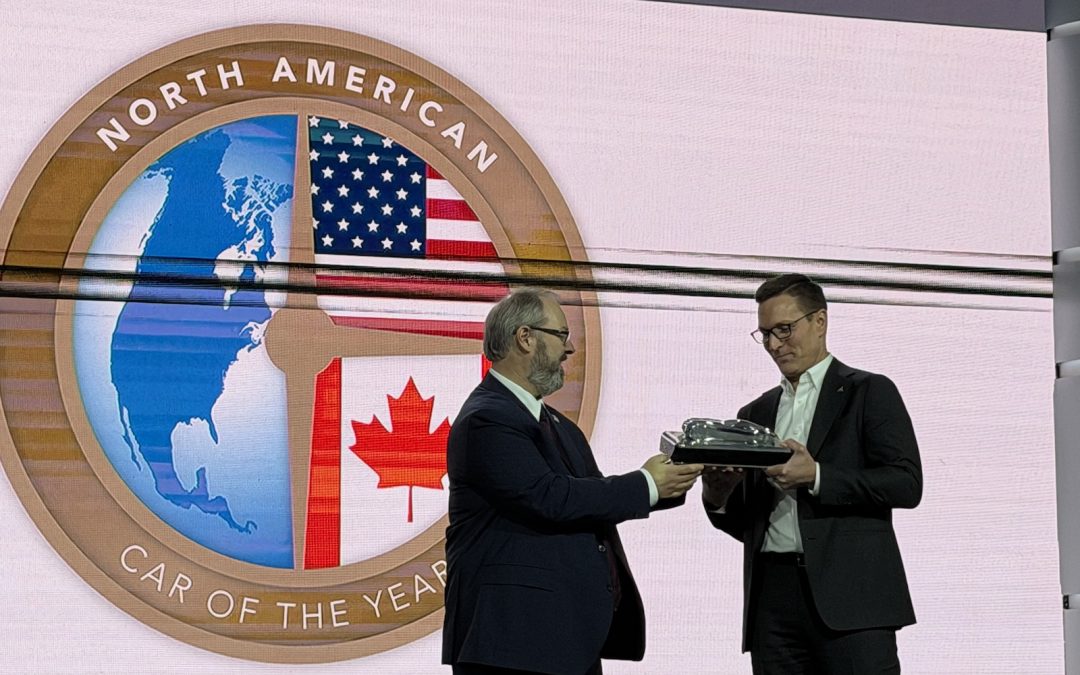

The Dodge Charger, Ford Maverick Lobo and Hyundai Palisade were the big winners Wednesday as a panel of 50 jurors announced their choices for North American Car, Truck and Utility Vehicle of the Year. Headlight.News has more.
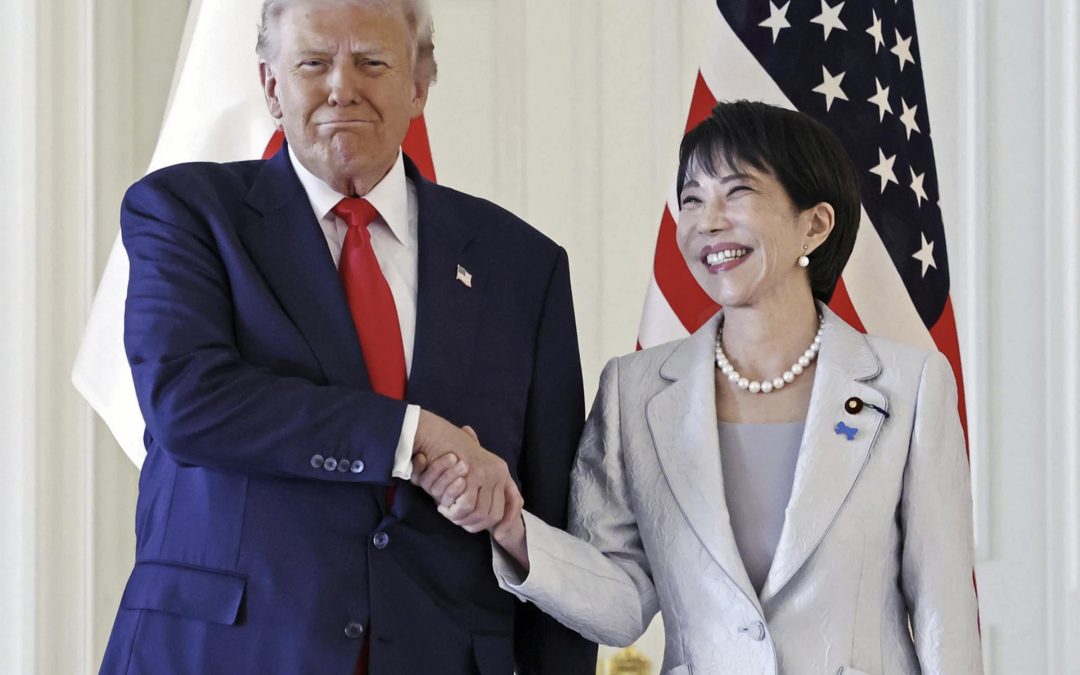
Trump, tariffs and trade barriers. EVs disconnected. Autonomy and hackers. Elon Musk’s very good/very bad year. And affordability. Oh, yes, 2025 brought a series of significant developments to the automotive market. Here are the top 5 stories from the past year as picked by Headlight.News editors.

As affordability takes center stage in the auto market, manufacturers are shifting their attention to the affluent end of the market to offset the expense of Donald Trump’s tariffs while setting aside the innovation created by electric vehicles. Headlight.News has more.
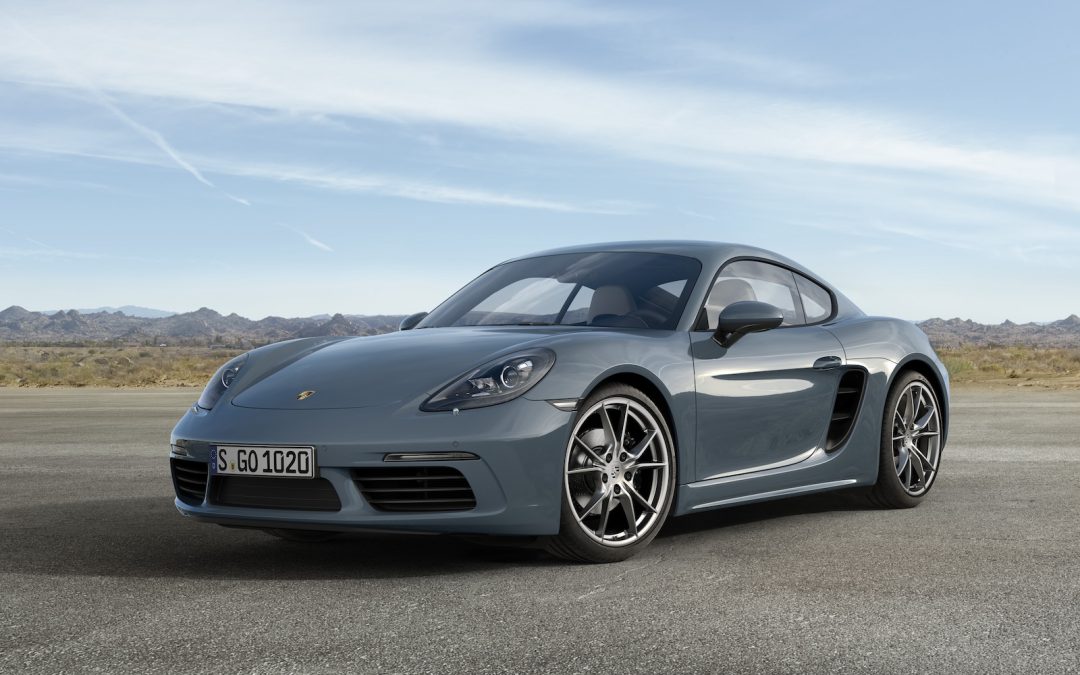
Even the most popular vehicles eventually succumb to shifting market conditions. And there are plenty of products that fail to connect with buyers in the first place. Here’s a look at the nameplates that won’t survive into 2026 – though several of these just might make a comeback in the not-too-distant future. More from Headlight.News.

On the Headlight News podcast this week, we tell you what models are getting the ziggy in the new year. Speaking of vehicles that looked to be on the outs, Ford confirmed the Lightning EV will come back. We also look at the good and bad news for new vehicle sales. We...
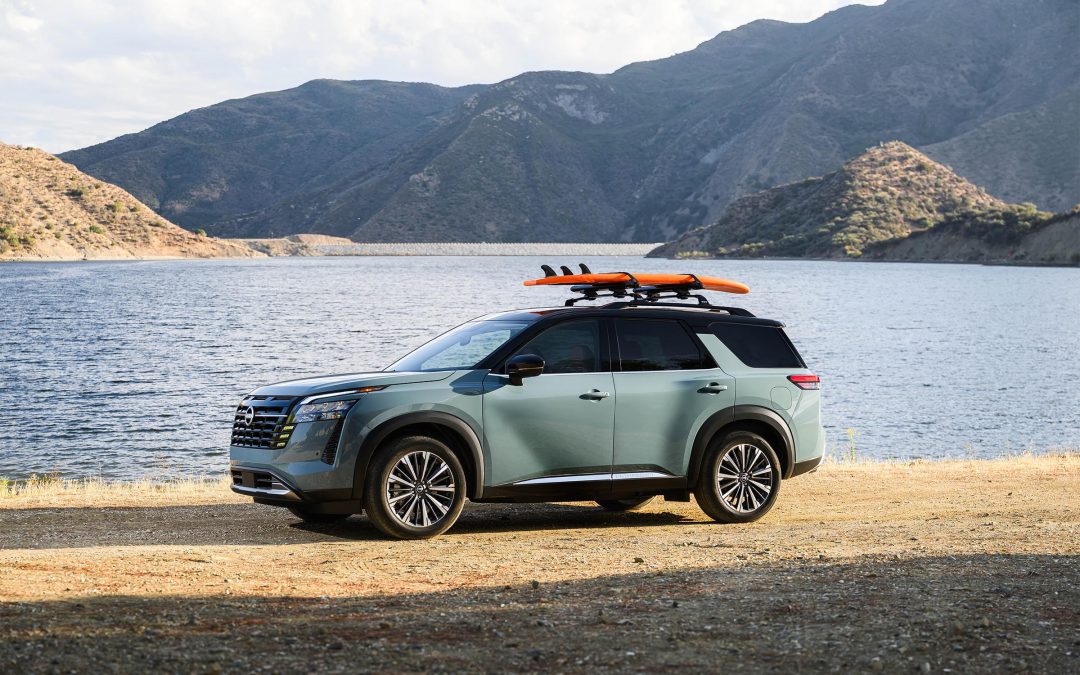
Squaring off against some of the industry’s most popular three-row SUVs, the Nissan Pathfinder gets a number of updates for the 2026 model year that includes upgraded technology and a more rugged look, backed by an upgraded Rock Creek package for those who want improved off-road capabilities. Headlight.News headed to Nashville to get a first drive of the 2026 Nissan Pathfinder.

As it rolls out its latest revival plan, Nissan is shifting focus from cost-cutting to product, and there’s a renewed emphasis on performance in the works. The second-largest Japanese automaker plans to double the number of Nismo models developed as part of a collaboration with the company’s racing team. More from Headlight.News.
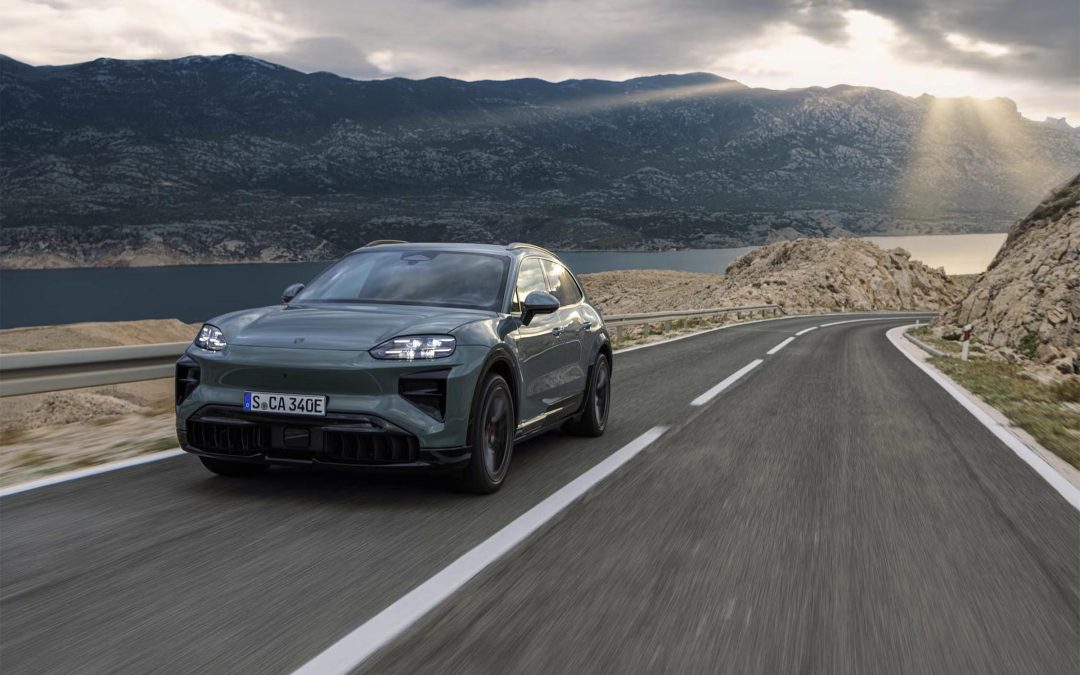
Expect to pay more for that new Porsche next month, the German automaker advising dealers it will start passing on more of the cost of the tariffs Pres. Donald Trump has put in place on imported autos. Porsche isn’t alone, however, a growing number of brands are raising already record-high prices to cover those new duties, even on domestically made products due to the cost of imported parts and components, reports Headlight.News.
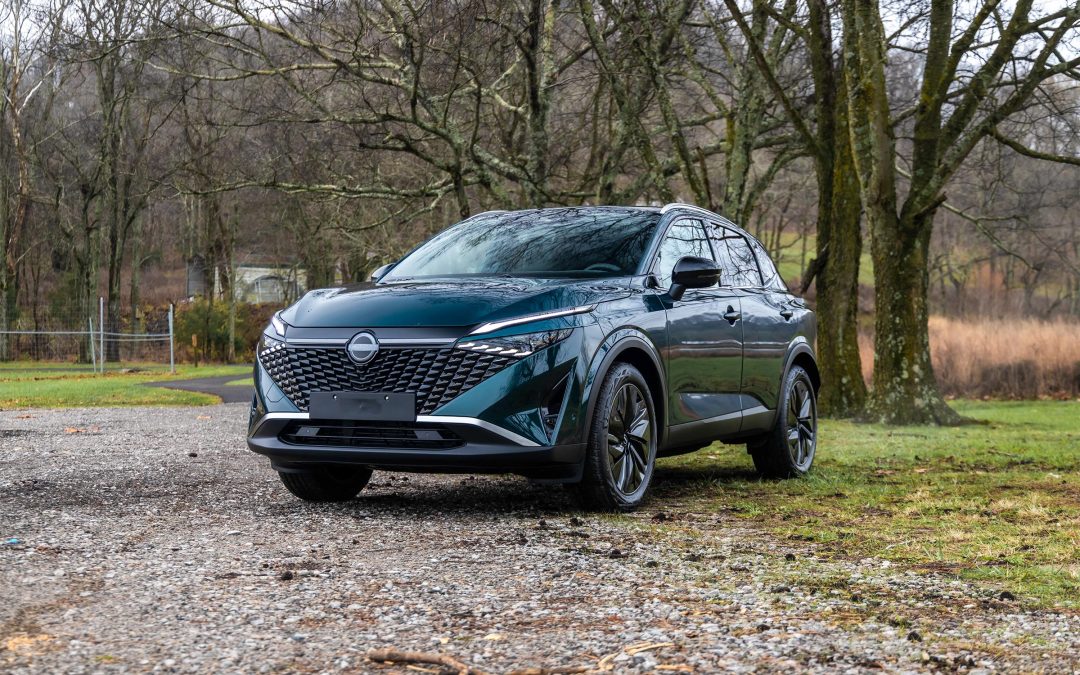
Imagine getting the benefits of a battery-electric vehicle without many of the drawbacks: a quick quiet, smooth ride and high energy efficiency – but with essentially unlimited range and no need to plug in. Those are some of the claims Nissan is making for the new e-Power system it will introduce on the Rogue crossover next year. Headlight.News checked out the new technology and here’s what we discovered.
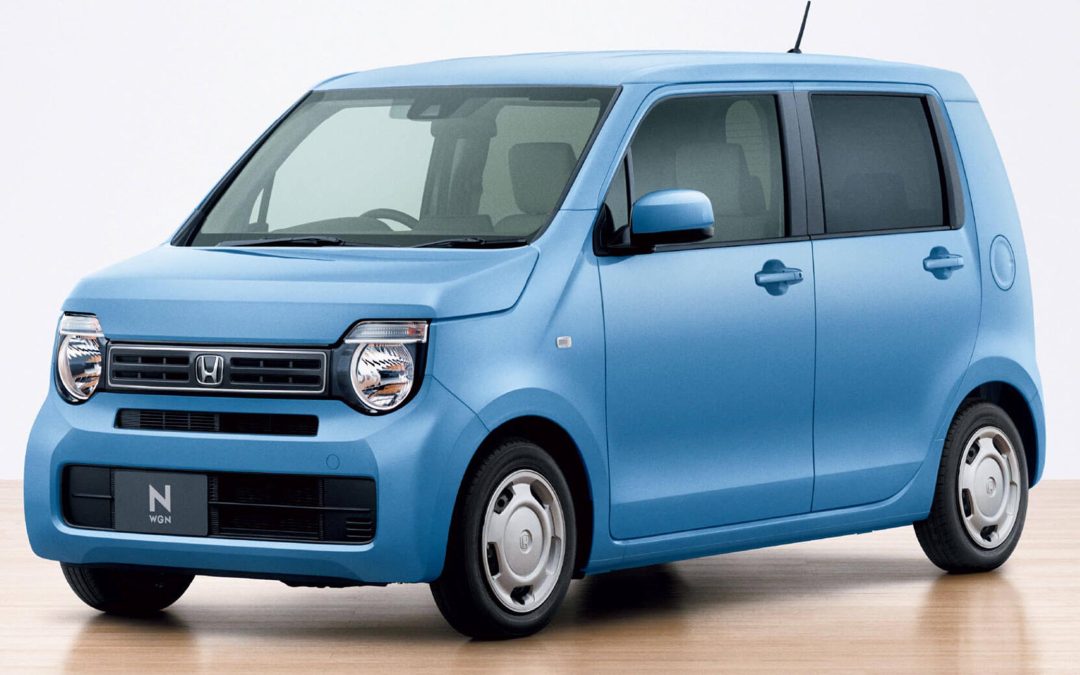
They’re some of the smallest cars in the world and make up 40% of the Japanese domestic market. But could “Kei cars” find a niche here in the United States? That’s something Pres. Don Trump suggested this week as he announced a rollback of federal fuel economy standards. More from Headlight.News.
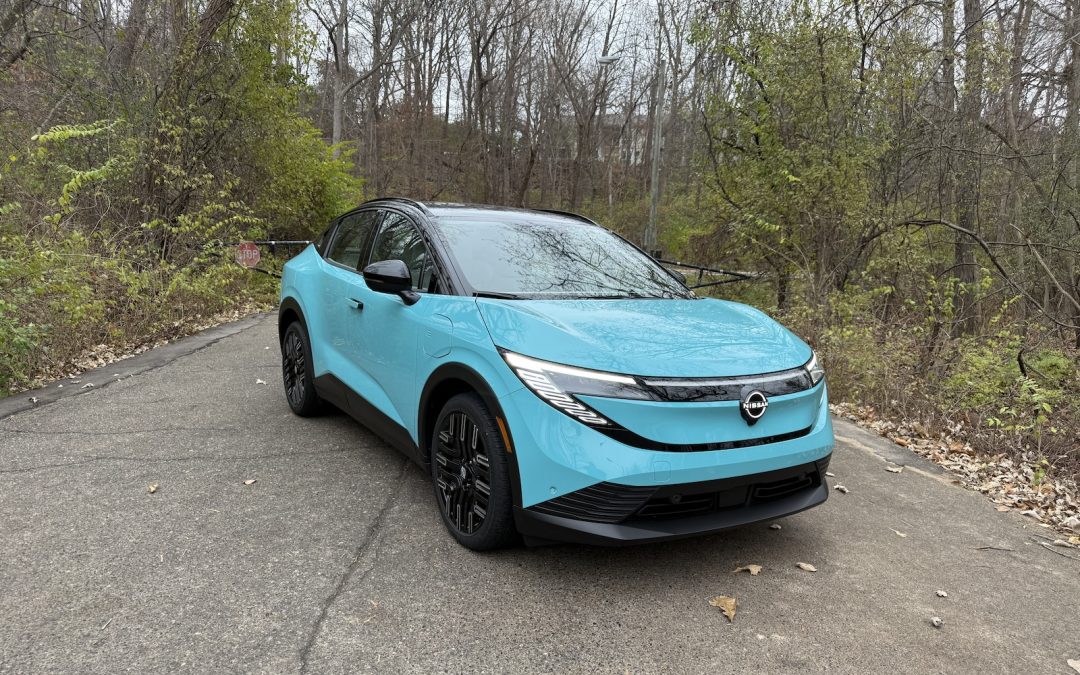
Before the Mach-E, before the Bolt, before the Model 3 there was … the Nissan Leaf. Small with limited range and an awkward exterior, the Leaf was the first mainstream electric vehicle. Since then, the OG EV has been pushed to the back of the line; however, the 2026 Nissan Leaf Premium+ is making a statement: I’m back. See if it is in our review at Headlight.News.
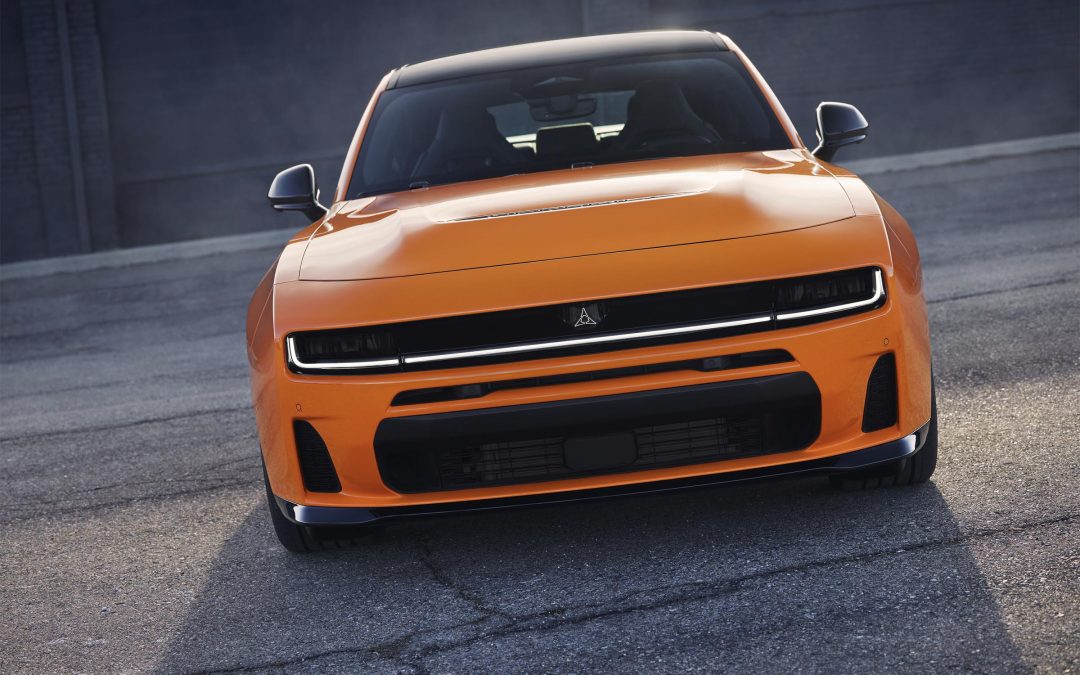
While EV sales may be taking a hit as 2025 draws to a close, you wouldn’t know based on the nine finalists for North American Car, Truck and Utility Vehicle of the Year. Two-thirds of the models chosen by a panel of 50 U.S. and Canadian journalists are either hybrid or all-electric. Headlight.News has the list.